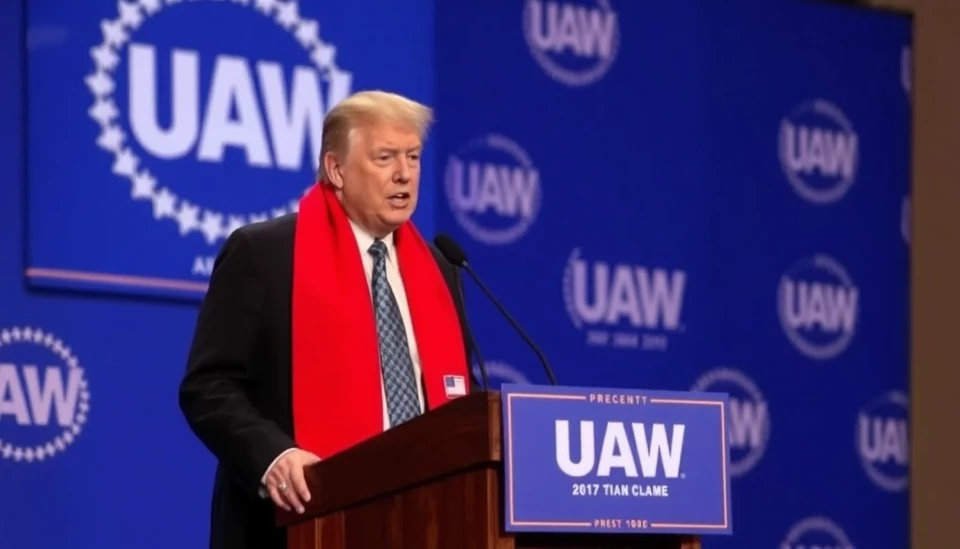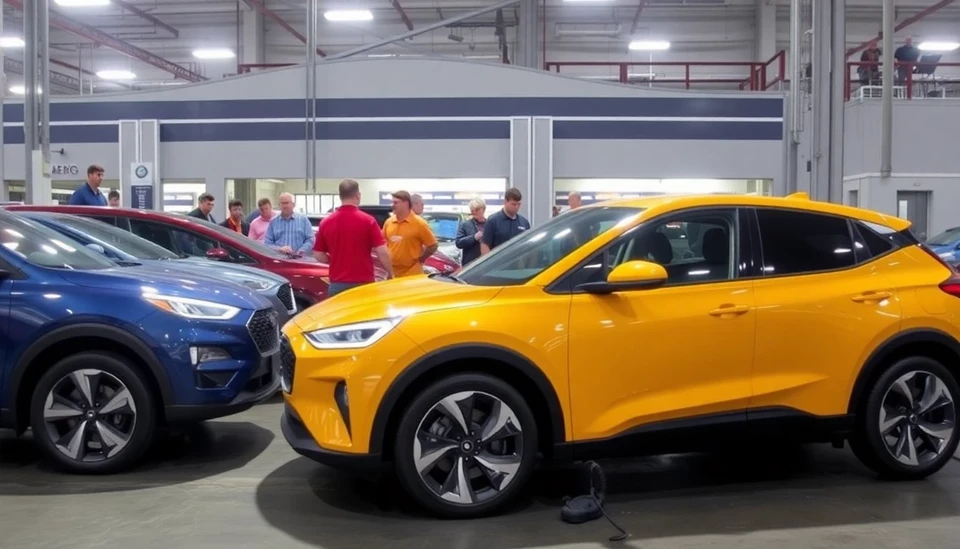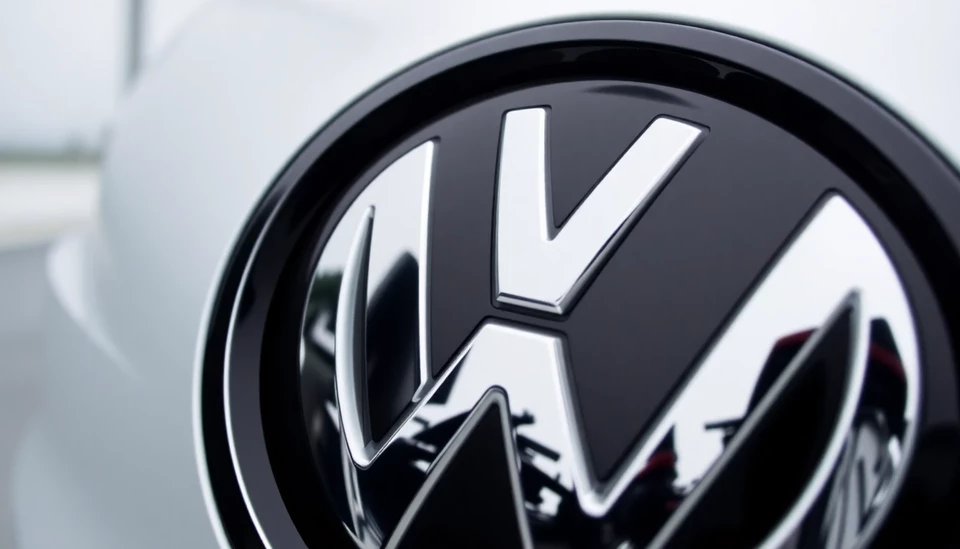
In a surprising twist, the leader of the United Auto Workers (UAW), Shawn Fain, has commended certain tariffs imposed under former President Donald Trump, acknowledging their role in supporting the American automotive industry. Fain's statements come during a critical moment when the UAW is negotiating labor agreements aimed at securing better conditions and pay for workers in a continuously evolving economic landscape.
During a recent press conference, Fain specifically highlighted tariffs on imported vehicles and parts as tools that have helped shield domestic manufacturers from foreign competition. These tariffs, which were part of Trump's broader trade policy, were seen by many as controversial. However, Fain argued that they have provided a protective barrier, allowing American automakers to strategically stabilize and invest in their operations.
Fain’s comments illustrate a shift in perspective that incorporates a pragmatic approach to trade and tariffs. He emphasized that while not all tariffs have been effective or beneficial, focusing on those that support American jobs and industry is essential. "Some tariffs have been necessary," he stated, pointing out that the disruptions in the supply chain during the pandemic have highlighted the vulnerabilities in the automotive sector. He underscored the need for policies that bolster domestic manufacturing rather than those that may seem "reckless" and uninformed.
The UAW has been under considerable pressure to advocate for workers' rights amidst rising inflation and global competition. Fain's acknowledgment of positive tariffs reflects an understanding of the broader economic environment and the necessity of protecting American jobs. His stance also indicates an attempt to bridge political divides and focus on practical solutions that can benefit workers.
The labor leader's remarks may have significant implications for the ongoing negotiations between the UAW and automakers which are grappling with their own set of challenges such as transitioning to electric vehicles and managing supply chain disruptions. The balance between tariffs and international trade agreements is likely to be a focal point of the discussions as automotive companies seek to innovate while ensuring their commitments to American labor.
As the auto industry adapts to changes in technology and consumer preferences, Fain's emphasis on strategic tariffs indicates a proactive approach to securing a profitable and stable future for American workers. With more negotiations on the horizon, the UAW's strategy may reflect this dual focus on retaining protective measures while advocating for better working conditions and pay.
#UAW #ShawnFain #TrumpTariffs #AutomotiveIndustry #LaborRights #AmericanJobs #TradePolicy
Author: Samuel Brooks




